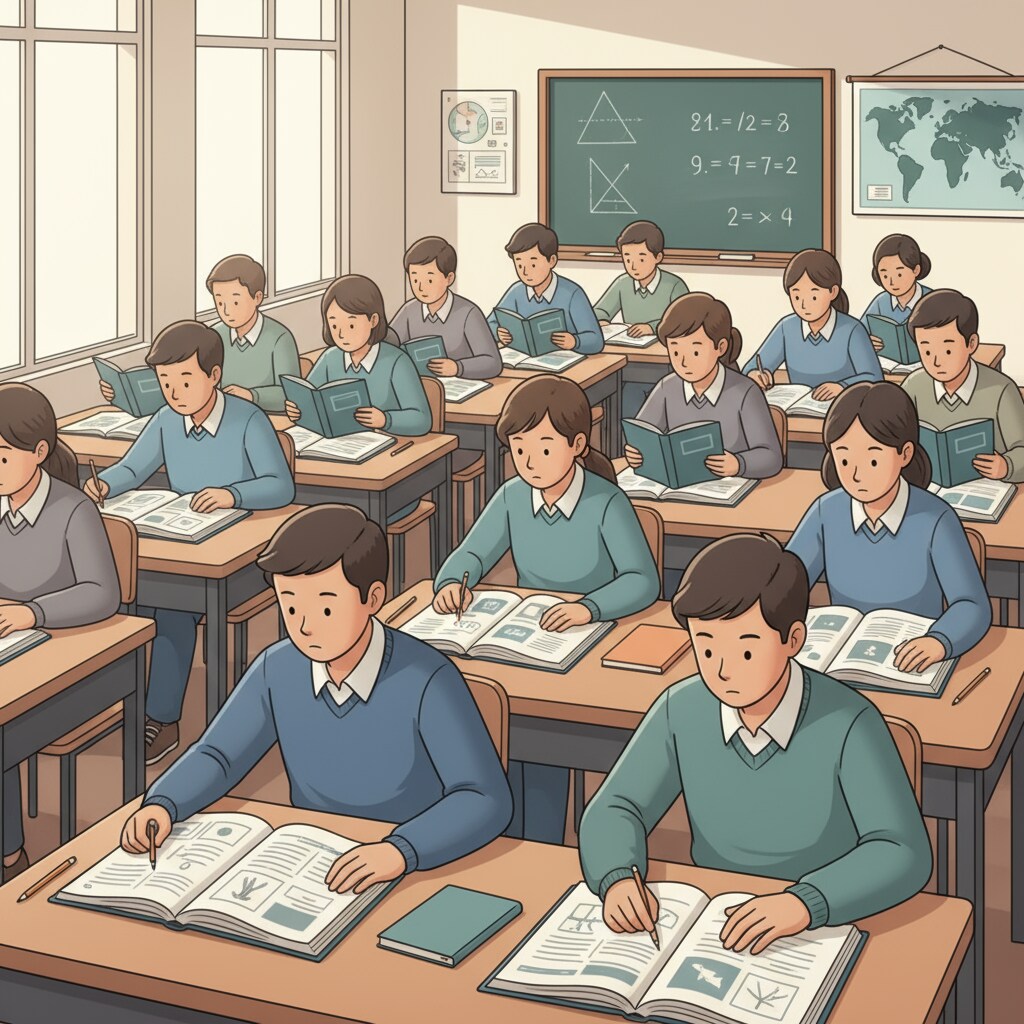School education, practical skills, and life abilities are three crucial aspects that should be closely intertwined. However, in contemporary K12 education, there is a concerning phenomenon: an overemphasis on knowledge memorization and a neglect of cultivating practical life skills. This has led to students facing a “learning is not applicable” dilemma after graduation.

The Disconnect in K12 Education
K12 education, which encompasses primary and secondary schooling, is designed to provide a solid foundation for students. However, the current system often focuses on academic achievements measured by standardized tests. For example, students spend countless hours memorizing historical dates, mathematical formulas, and scientific theories. While this knowledge is important, it lacks practical application in real life. As a result, when they step into the real world, they may find themselves at a loss when dealing with simple tasks like managing personal finances or communicating effectively with others. K12 education on Wikipedia

The Importance of Practical Skills
Practical skills are essential for students to thrive in real life. Interpersonal communication skills, for instance, enable individuals to build relationships, express their ideas clearly, and resolve conflicts. Financial literacy is another crucial skill. It helps students understand how to budget, save money, and make informed investment decisions. Without these skills, students may struggle to navigate the complexities of adult life. Education on Britannica
Moreover, practical skills can enhance students’ confidence and independence. When students are able to handle real-life situations on their own, they feel more self-assured and are better prepared to face challenges.
Readability guidance: As we can see, the current K12 education system has some flaws. We need to take action to incorporate practical skills and life abilities into the curriculum. By doing so, we can ensure that students are well-prepared for the real world.


